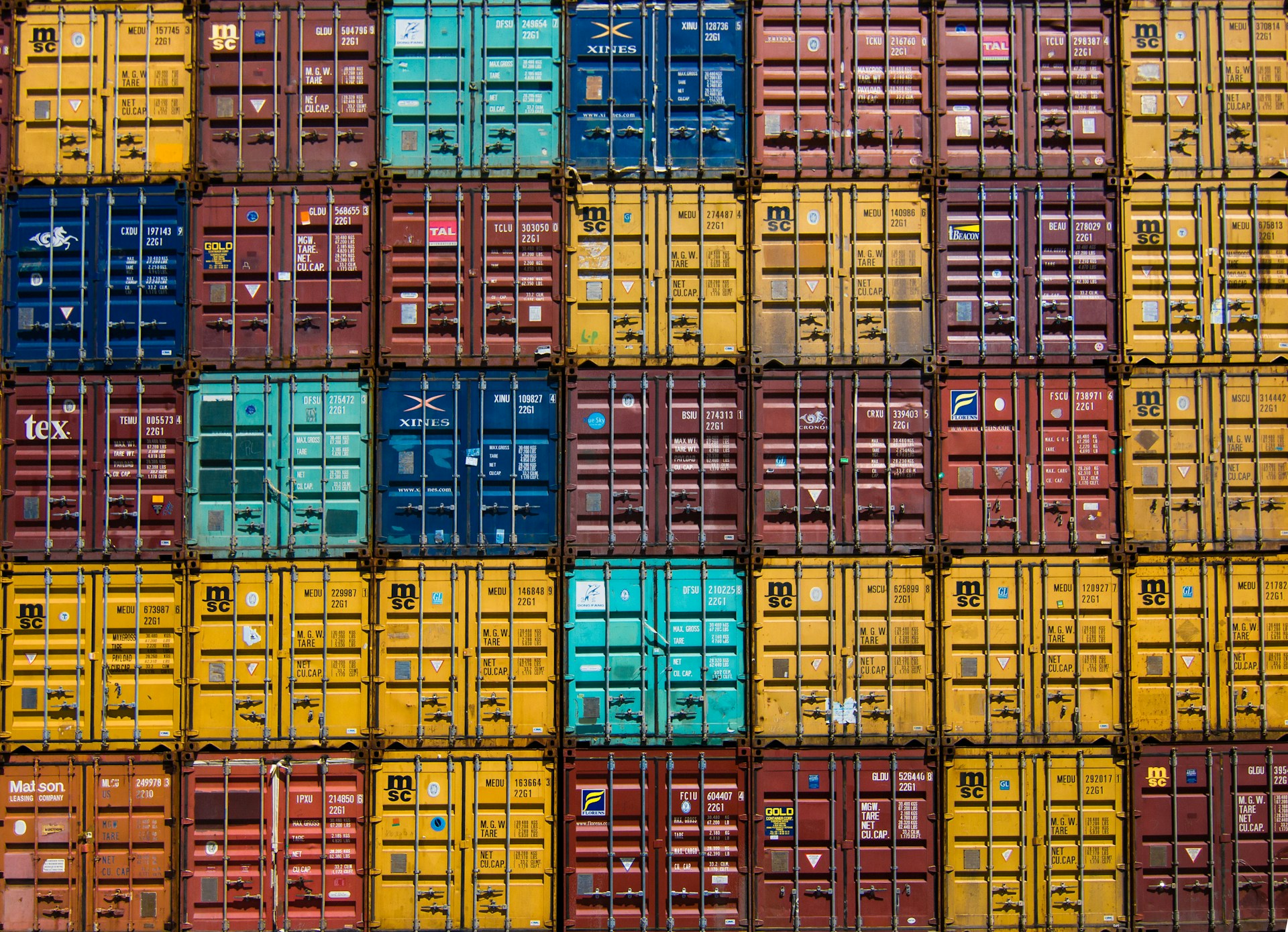Some of the links shared in this post are affiliate links. If you click on the link and make a purchase, we will receive an affiliate commission at no additional cost to you.
The Docker Engine can be installed under Debian with just a few commands.
- Make sure you have the latest version of Debian. You can do this by entering the following command:
sudo apt-get update && sudo apt-get upgrade
- Next, you need to install the required packages to install Docker. Enter the following command:
sudo apt-get install apt-transport-https ca-certificates curl gnupg2 software-properties-common
- Now add the GPG key for the Docker repository by entering the following command:
curl -fsSL https://download.docker.com/linux/debian/gpg | sudo apt-key add -
- Add the Docker repository by entering the following command:
sudo add-apt-repository "deb [arch=amd64] https://download.docker.com/linux/debian $(lsb_release -cs) stable"
- Now run an update to ensure that you can install the Docker package:
sudo apt-get update
- Install Docker with the following command:
sudo apt-get install docker-ce- Make sure that Docker is running by executing the following command:
sudo systemctl status docker
- Install Docker-Compose with the following command:
sudo curl -L "https://github.com/docker/compose/releases/download/1.29.2/docker-compose-$(uname -s)-$(uname -m)" -o /usr/local/bin/docker-compose
- Release the permissions for Docker-Compose by executing the following command:
sudo chmod +x /usr/local/bin/docker-compose
- Check whether Docker-Compose is installed by executing the following command:
docker-compose --version
Congratulations to you! You have successfully installed Docker and Docker-Compose on Debian.
What is Docker actually?
The Docker Engine is an open source tool for creating, managing and running containers. It is the core component of Docker and enables developers to run applications in isolated containers to achieve greater portability and flexibility. The Docker Engine consists of several components, including the Docker daemon, which enables the creation, execution and management of containers, and the Docker client, which provides a simple interface to interact with the Docker Engine. The Docker Engine supports a variety of platforms and enables developers to develop, test and deploy applications quickly and efficiently.

